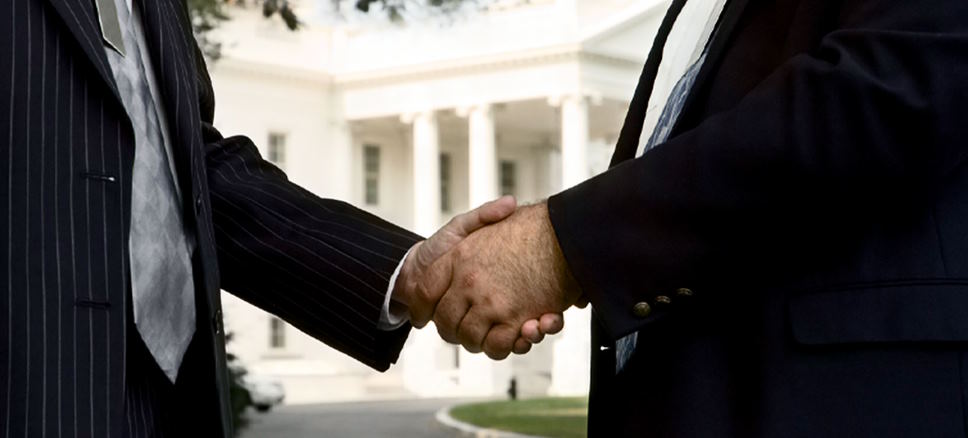
Why Political Lobbying Is An Important Part Of The Democratic Process
Political lobbying plays an essential role in the American political landscape. It ensures decision-makers are well informed about diverse perspectives on issues and can properly weigh their impact when formulating policy positions. Without it, our society would be deprived of a critical component of its democratic process: input from affected parties who otherwise have little say when it comes to matters before government leaders. In this blog post, we’ll explore why political lobbying is an important part of our nation’s system of governance and how it can help citizens make sure their voices are heard.
Reasons why political lobbying is legal and important
Political lobbying is legal and important because it is a part of the democratic process. Through lobbying, people and organizations can have their interests heard by elected representatives. Lobbying also informs legislators about their constituents’ perspectives on particular issues. This feedback allows politicians to craft legislation more effectively that reflects the values and wants of their constituents. Additionally, lobbying can help ensure that certain policy proposals are given consideration when they might not otherwise be considered or passed if it weren’t for the support of lobbyists. Finally, effective lobbying can lead to compromises between stakeholders in an issue so that all sides are satisfied with the outcome– something that wouldn’t necessarily happen without lobbyist involvement. Therefore, political lobbying is essential for functioning democracies. It effectively allows citizens to express their opinions to politicians, ensures that all sides of an issue are given a fair hearing, and can lead to a compromise between stakeholders. All of these are necessary components of a democracy, which is why political lobbying is both legal and important.

How political lobbying keeps our government running
Political lobbying is a significant part of how our government works. It is the practice of individuals and organizations attempting to influence decisions made by government officials, such as elected representatives or members of administrative agencies. Lobbyists use a variety of tactics to get their message across. For example, they present studies, write letters, try to build relationships with policymakers, attend hearings, and make campaign contributions.
The primary purpose of lobbying is to inform legislators about their proposed policies’ effects on different groups in society—from businesses and industries to labor unions and nonprofit organizations. This information can help lawmakers create better public policy that serves everyone’s interests. Lobbying also gives ordinary citizens access to powerful politicians who may otherwise be unreachable due to their busy schedules.

Furthermore, lobbying helps ensure that a diverse range of interests is represented in our government. Without it, many views and opinions would be left out of policy-making. This could lead to laws and regulations that are overly biased toward certain groups or ignore the needs of others. By allowing various voices to be heard, lobbying helps keep our democracy functioning properly.
Ultimately, political lobbying is an important part of how our government operates and influences public policy decisions. It provides a way for citizens to make their voices heard and keeps lawmakers accountable by ensuring that all views and perspectives are considered when crafting legislation. As such, it plays an integral role in keeping our democracy vibrant and secure.
